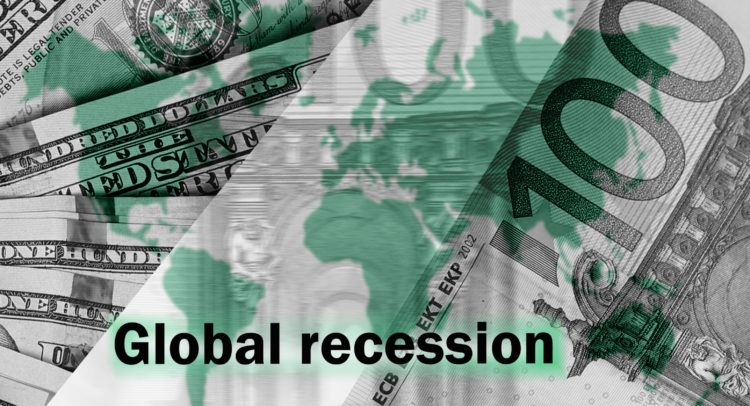Experts and labour federation Cosatu have forecast that 2023 will be a difficult year for consumers, as the cost of living is expected to rise and interest rate hikes are also on the cards.
Neil Roets, CEO of debt counselling firm Debt Rescue, said that the outlook for consumers was not looking good.
“Consumers are already facing challenges as they are paying higher costs for electricity amid continuous load shedding.
“Load shedding is costing the economy millions and leaving consumers with less money in their pockets. We are also finding that small- and medium-sized enterprises are struggling to survive due to the electricity crisis.”
Roets added that half of South African consumers who have credit are over-indebted and an interest rate hike was expected when the Monetary Policy Committee (MPC) meets later this month.
“It is concerning that we are expecting the interest rate to go up in January and maybe even more interest rate hikes later this year. This will filter through to goods and services and cause price increases. Unfortunately, salaries don’t go up at the same rate the price of goods does.”
Professor Bonke Dumisa, an independent economist, said it was guaranteed that the South African Reserve Bank’s (SARB) MPC would raise the interest rate later this month.
“The question is just how much the interest rate will go up by. In the last two meetings in 2022, we saw the interest rate go up by 75 basis points. I do see the interest rate going up a bit less this time, by 50 basis points. This will still be enough to have a big impact on the consumer.”
Dumisa added that the interest rate hike would push up the cost of living even further.
“Unfortunately, hiking the interest rate is the only tool the SARB has to curb the inflation rate. This will undoubtedly push the cost of living up and put more pressure on the struggling South African consumer. We could find South Africans downscaling on cars and houses due to the pressure.”
Professor Irrshad Kaseeram, of the University of Zululand’s Economics Department, said the inflation rate was at about 8.3%, well above the 6% target.
Therefore he agreed that it was likely that there would be an interest rate hike.
“However, thereafter we might not get further increases. I think the interest rate in the second half of the year will probably decrease since the global economy will be subdued due to a mild recession in the US and EU, and Chinese economies slowing down.”
Kaseeram added that South Africa’s GDP was expected to be lower than last year due to the interest rate hikes but inflation was expected to be contained within the next six months.
“Due to our weak economy about 1% GDP growth is expected. The second half of the year may be better with the global economies beginning to gain some ground. However, Eskom’s electricity supply challenges and service delivery issues at the local level together with underspending on infrastructure could pose a further threat to our economy thus damaging its growth prospects in the second half of the year.”
Solly Phetoe, Cosatu general secretary, said the rising cost of living was having a devastating impact on workers with most workers heavily indebted and struggling to take care of their families.
“More needs to be done by the government to lower inflation. Key to this is to lower the fuel taxes, to reduce Eskom’s massive debt levels so it can be less dependent on above-inflation tariff hikes, and to get Transnet and Metrorail working to protect food and other manufacturing goods and commuters from fuel price hikes.”
Phetoe added that the government needs to adjust the Covid-19 social relief of distress grant to the food poverty line.
“It also needs to increase the number of participants in the presidential employment programme to accommodate at least 2 million unemployed youth. According to our information, the National Minimum Wage commission has recommended a CPI (consumer price index) plus a 2% increase in the minimum wage. This will provide welcome relief to 6 million workers whose wages are linked to the minimum wage.”

